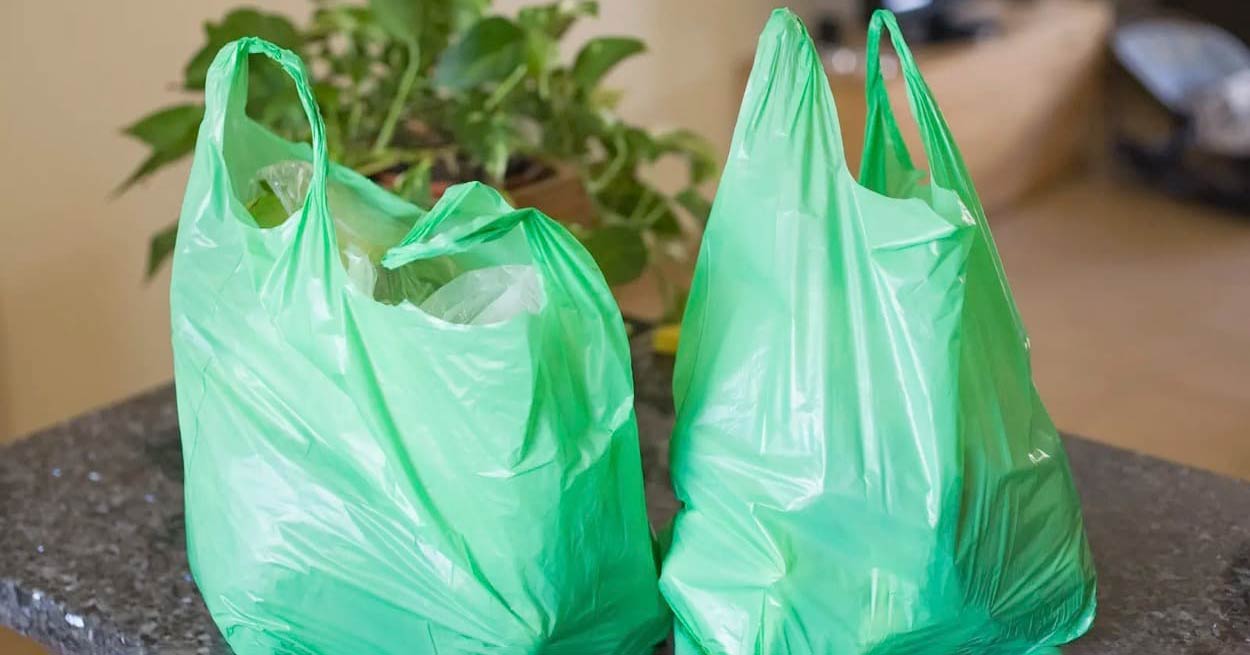The persistent environmental threat posed by non-biodegradable single-use plastic bags has prompted various states and cities in the United States to take action. Recognizing the detrimental impact on ecosystems, they have initiated plastic bag bans as a proactive measure to mitigate plastic pollution. A recent comprehensive study underscores the effectiveness of these bans, revealing noteworthy achievements such as a significant reduction in plastic bag consumption. This critical examination brings to the forefront the positive outcomes of these regulatory measures, emphasizing the pivotal role they play in fostering environmental sustainability and reducing the ecological footprint associated with single-use plastics.
Plastic Bag Bans in Action
Examining the real-world impact of plastic bag bans, the study concentrates its lens on five states and cities: New Jersey, Vermont, Philadelphia, Portland in Oregon, and Santa Barbara in California. In these regions, proactive measures in the form of plastic bag bans have been implemented to address the pressing issue of single-use plastic pollution. The cumulative result of these bans is nothing short of remarkable, with an annual reduction of around 6 billion single-use plastic bags. This tangible outcome speaks to the efficacy of the bans in fostering a substantial positive shift towards environmental conservation. The success observed in these diverse locations serves as a testament to the adaptability and effectiveness of plastic bag bans in mitigating the environmental impact of disposable plastics.
Environmental Impact of Single-Use Plastic Bags
Recognizing the paramount importance of comprehending the environmental ramifications of single-use plastic bags is vital in fostering responsible consumer behavior. These ubiquitous bags, often strewn across roadsides and water bodies, emerge as a significant threat to wildlife, particularly marine animals. Sea turtles and cetaceans, in particular, face heightened mortality rates as they ingest these bags, contributing to a distressing ecological imbalance. Beyond the immediate harm caused to wildlife, the production and disposal of single-use plastic bags emit harmful pollutants, exacerbating climate change. Acknowledging these interconnected issues underscores the urgent need for sustainable alternatives and robust environmental policies to mitigate the adverse effects of single-use plastic bags on ecosystems and combat the broader challenges posed by climate change.
Plastic Bag Bans and Litter Reduction
A prominent achievement stemming from the implementation of plastic bag bans lies in the marked reduction of litter, showcasing a positive shift in environmental outcomes. According to the report, the bans enacted in the specified locations have effectively curtailed plastic bag litter by a minimum of one-third, with certain areas witnessing even more substantial decreases. Noteworthy case studies, such as the findings from Clean Ocean Action following New Jersey’s ban, provide tangible evidence of the significant reduction in single-use plastic bag pollution. These outcomes underscore the tangible impact that targeted regulations can have on mitigating environmental hazards, contributing to cleaner surroundings and a diminished ecological footprint associated with the ubiquitous use of disposable plastic bags.
Behavior Change and Sustainable Alternatives
The transformative impact of well-crafted plastic bag bans extends beyond regulatory measures, actively fostering a positive shift in consumer behavior towards sustainable alternatives. These bans serve as catalysts, promoting the widespread adoption of eco-friendly practices such as utilizing reusable bags and opting for hand-carrying purchases. By discouraging reliance on single-use plastic bags, these bans contribute significantly to waste reduction. Case studies from locales like San Mateo County in California and Mountain View substantiate this shift, revealing a noteworthy surge in the utilization of reusable bags following the implementation of bans. This behavioral transformation underscores the adaptability of consumers when presented with environmentally conscious alternatives, emphasizing the instrumental role plastic bag bans play in steering communities towards more sustainable and responsible consumption practices.
Challenges and Solutions
Despite the proven effectiveness of plastic bag bans, confronting challenges and devising solutions remains imperative for continual improvement. The report underscores the necessity for policymakers to adopt robust bans that withstand scrutiny, closing any existing loopholes that could undermine the efficacy of these measures. Addressing potential weaknesses in the implementation is crucial for the sustained success of the bans. Furthermore, the report emphasizes the significance of enforcing fees for single-use paper bags. This strategic approach aims to discourage excessive reliance on paper bags, thereby ensuring that the intended environmental benefits are not compromised. By proactively addressing challenges and refining strategies, policymakers can fortify the impact of plastic bag bans, reinforcing their role as pivotal instruments in mitigating plastic pollution and advancing sustainable practices.
Conclusion
In conclusion, the study provides compelling evidence that plastic bag bans are effective in curbing plastic pollution and reducing the environmental impact of single-use plastic bags. By highlighting success stories and offering recommendations for policymakers, the report contributes to the ongoing global effort to address plastic pollution and promote sustainable practices. As more regions consider implementing similar measures, the potential for a significant positive impact on the environment becomes increasingly evident.

